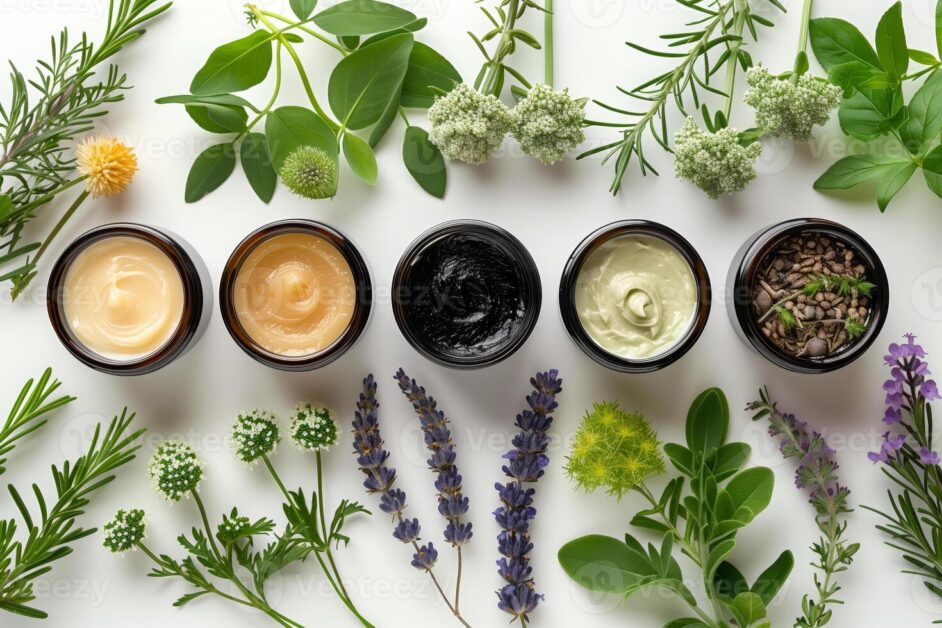In today's beauty industry, there is a growing consciousness among consumers about the elements that make up their skincare products.
The terms ‘natural’ and ‘organic’ have become buzzwords that multiply the appeal of products to consumers eager to maintain glowing, healthy skin without risking their health to harmful chemicals. However, understanding the difference between these two can be quite tricky. In this post, we will help demystify the terms to guide you on your skincare journey.
Defining Natural Skincare Products
Natural skincare products are those that are derived from ingredients found in nature. These could include extracts from plants, fruits, minerals, or even animal byproducts like honey. A significant trait of these products is that they are free from chemicals such as parabens, sulfates, and artificial dyes. However, one should be aware that while a product can be labeled as ‘natural’, it does not necessarily guarantee its safety or efficacy. Natural poisonous substances exist, and these could lead to adverse skin reactions.
Understanding Organic Skincare Products
Organic skincare products, on the other hand, step up the natural ingredient game by ensuring they are not only derived from plants but also grown without the use of harmful pesticides, fungicides, and fertilizers. These skincare products are often costlier than their natural counterparts due to stringent farming practices and certification processes. The presence of the USDA organic seal guarantees that the product is organic.
Comparing Organic and Natural Skincare Products
When comparing organic skincare products to natural ones, organic wins the race in safety and health benefits. While natural products can be derived from nature, the process of obtaining these ingredients is not taken into account. Pesticides and chemical fertilizers used in growing the ingredients could sneak into your skin, negating the benefits one seeks from using a ‘natural’ product. Organic skincare ensures that what touches your skin is not only natural but also free of any harmful residues from farming practices.
The Debate over Organic Vs. Natural Labels
A major constraint facing customers in choosing between organic and natural skincare products is the lack of regulation in labeling practices. Unlike the food industry, the skincare industry has minimal restrictions on using words like ‘natural’ or ‘organic’. This lack of regulation allows for a product with one or two natural ingredients to be labeled as ‘natural,’ leading to misleading marketing practices. To ensure you’re investing in truly organic skincare, look for certifications from reputable bodies such as USDA or ECOCERT.
Giving Your Skin the Best
In conclusion, while both natural and organic skincare products boast of their origin from nature, organic carries the day by guaranteeing no harmful pesticides and chemicals have been used. Remember, your skin absorbs almost 60% of what you apply to it—do right by your skin and your overall health by making informed skincare choices.
